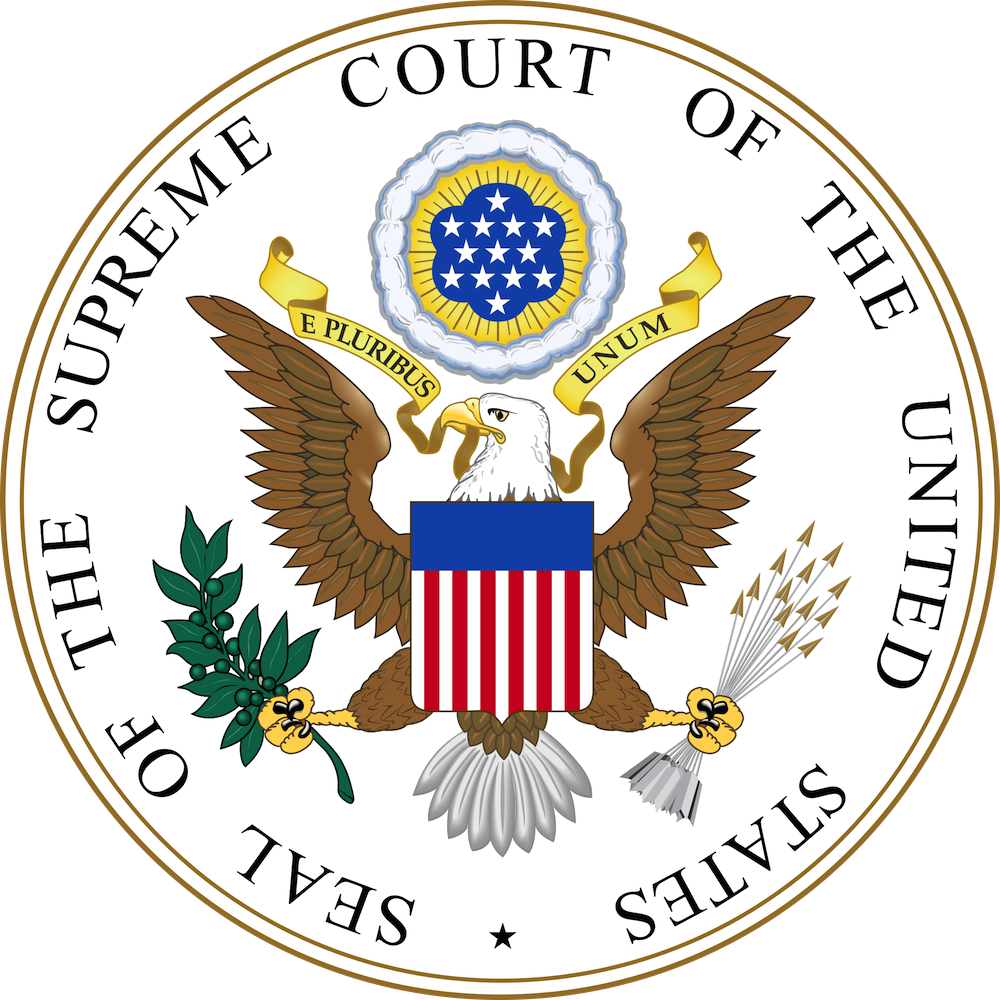Supreme Court Protects Personal Privacy
posted Saturday Jun 28, 2014 by Scott Ertz

This week was a big one for the Supreme Court and technology. In addition to stepping on streaming service Aereo, they tackled personal privacy concerns in the smartphone age. Before the ruling for whatever reason cell phones were not covered under the Fourth Amendment. This meant that police could search your phone without a warrant.
Obviously this created a variety of privacy and security issues. For example, if you filmed police brutality, the cops could take your phone and delete the evidence. This has happened a number of times and only enhanced an already dangerous situation.
The case in question involves something far more important though: personal privacy. Imagine being pulled over for speeding and the cop demands to see your phone. It is a similar request to searching your car on the suspicion of drugs. Previously, you had no legal expectation of privacy for that phone.
The only thing you could do was to have your phone PIN locked, as police cannot legally force you to divulge any information. This has created a sticky situation with the iPhone. If your phone is locked via finger scanner they CAN force you to touch your phone.
But, modern smartphones hold all of our personal information and the Constitution is written to protect our personal privacy from the government. Luckily, the Supreme Court unanimously agrees and cell phones are now protected under the Fourth Amendment.
A decade ago, officers might have occasionally stumbled across a highly personal item such as a diary, but today many more than 90 percent of American adults who own cell phones keep on their person a digital record of nearly every aspect of their lives.
This means, before searching your phone, law enforcement is required to get a warrant, just like searching your home. This helps protect both the accused and bystanders who happen to film something happening with their phone.
How does this affect other devices though? Unfortunately, since tablets and wearables were not included in the suit, the Supreme Court could not rule on them. So, as for now, they are still searchable. This ruling however is a good start.

